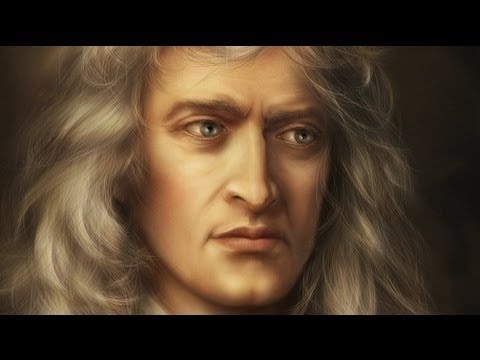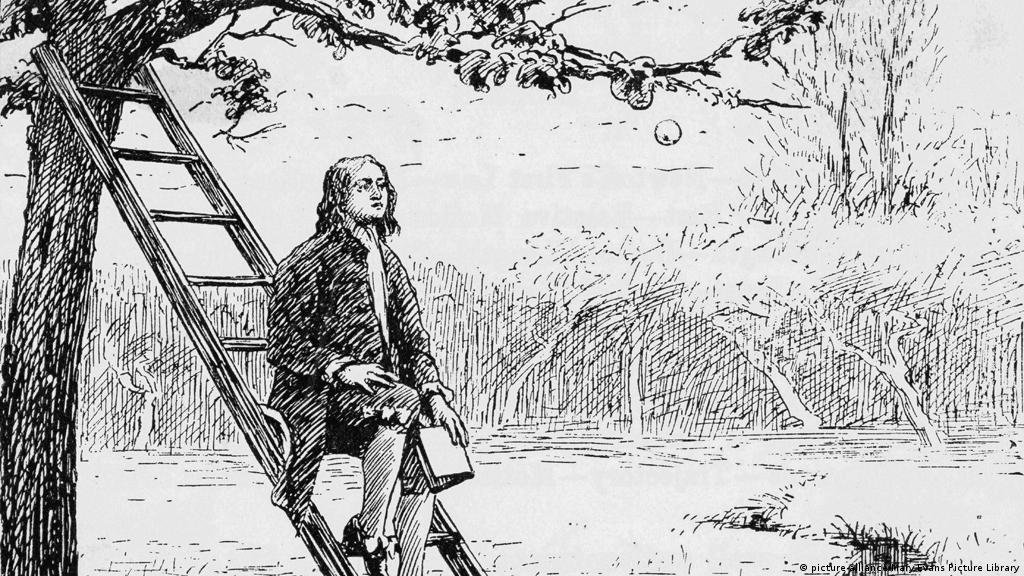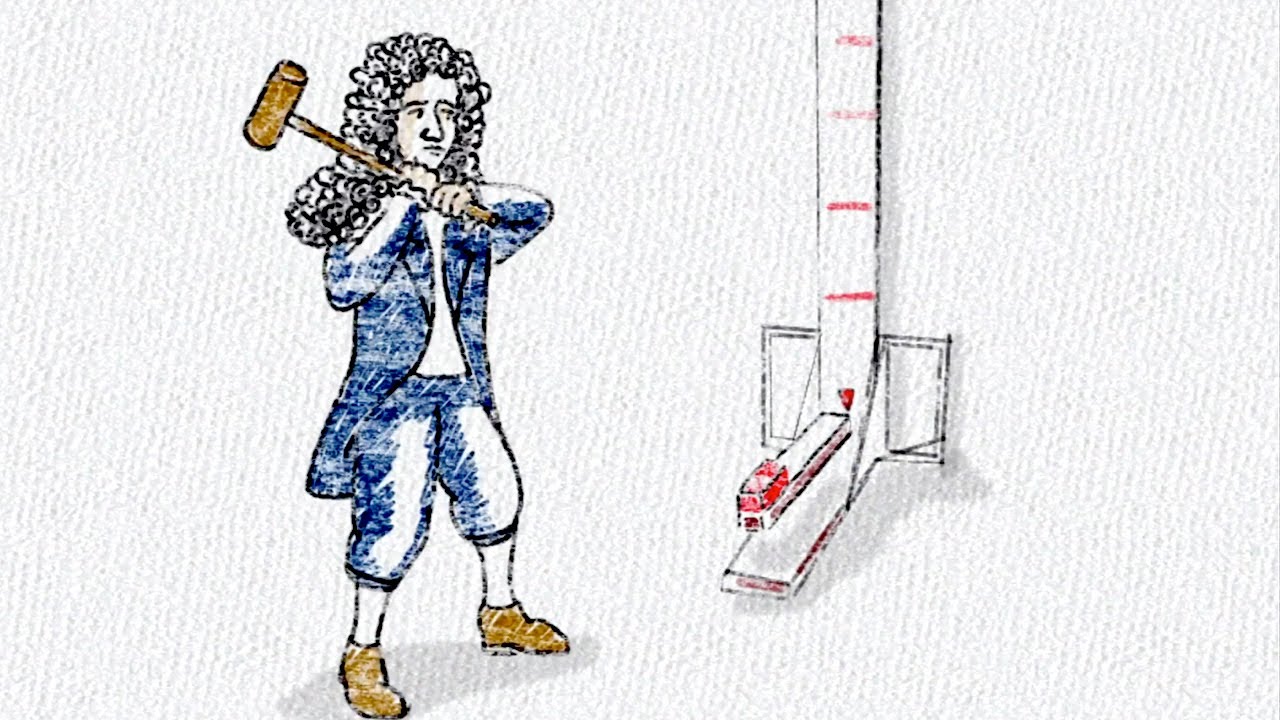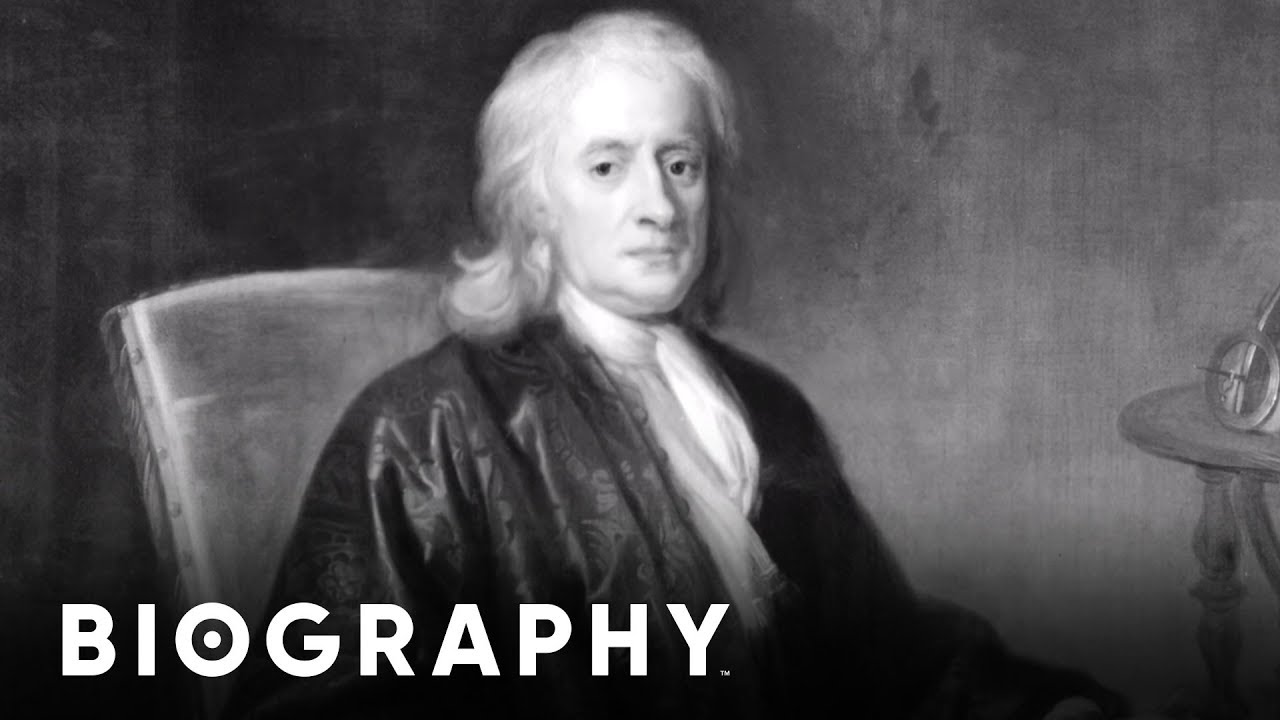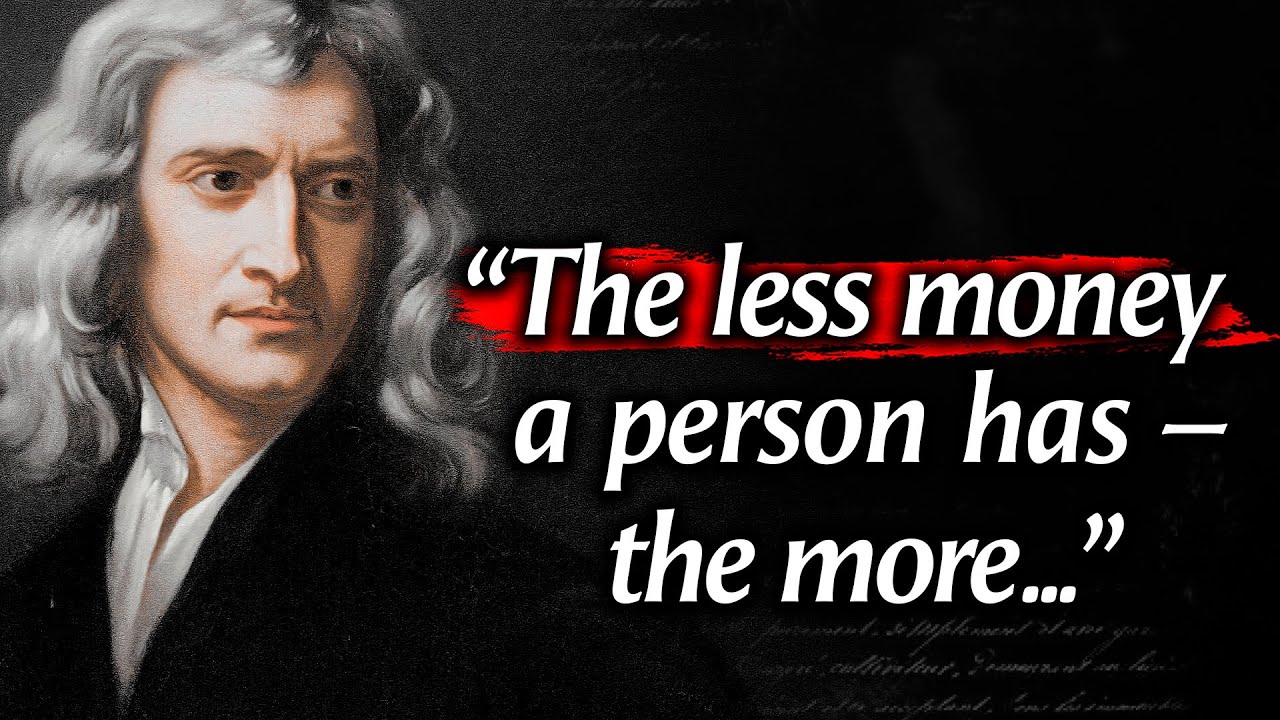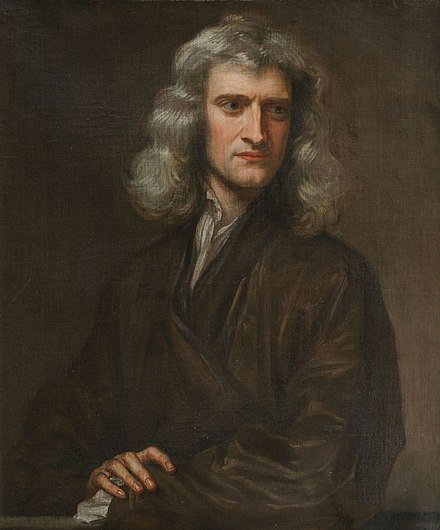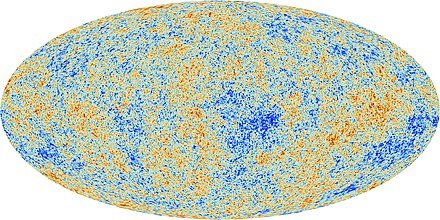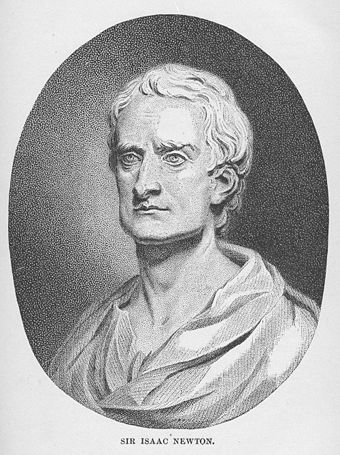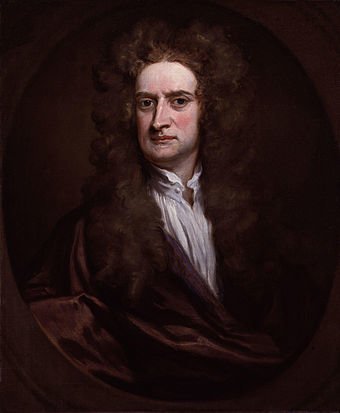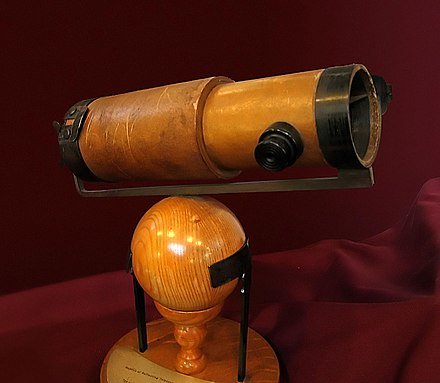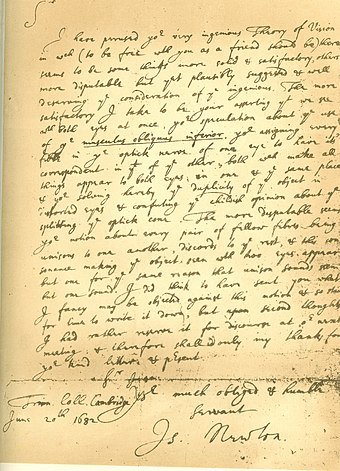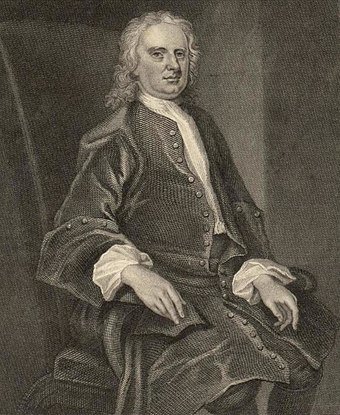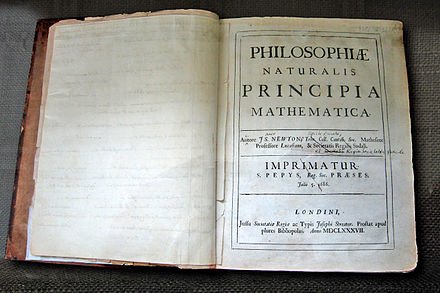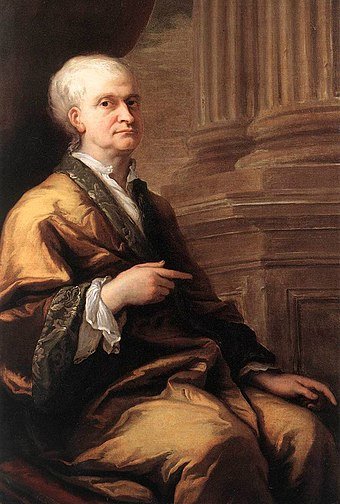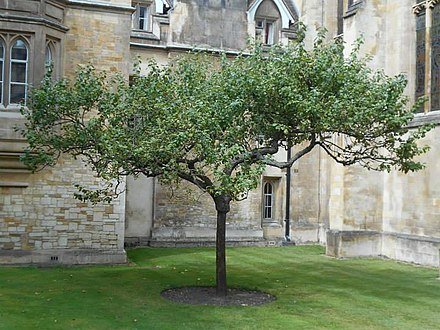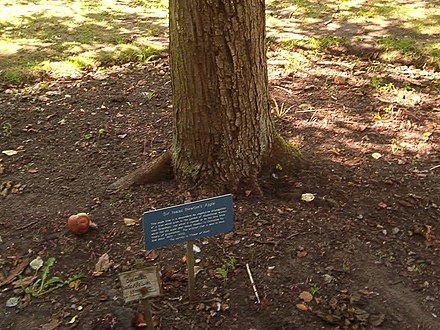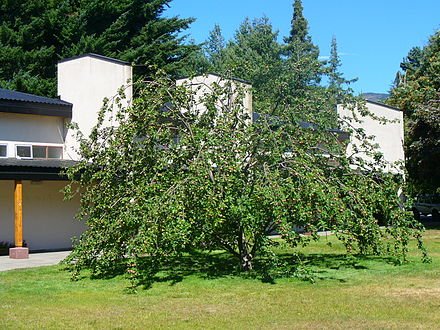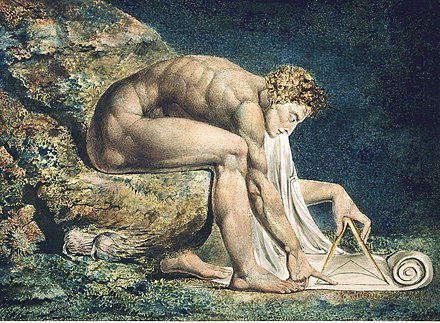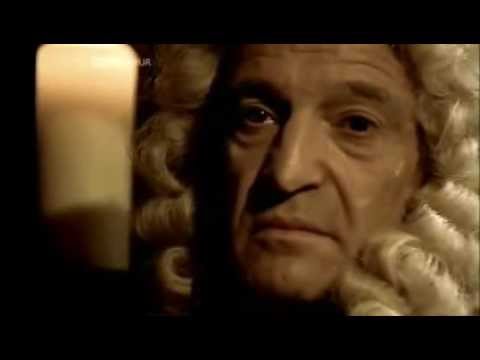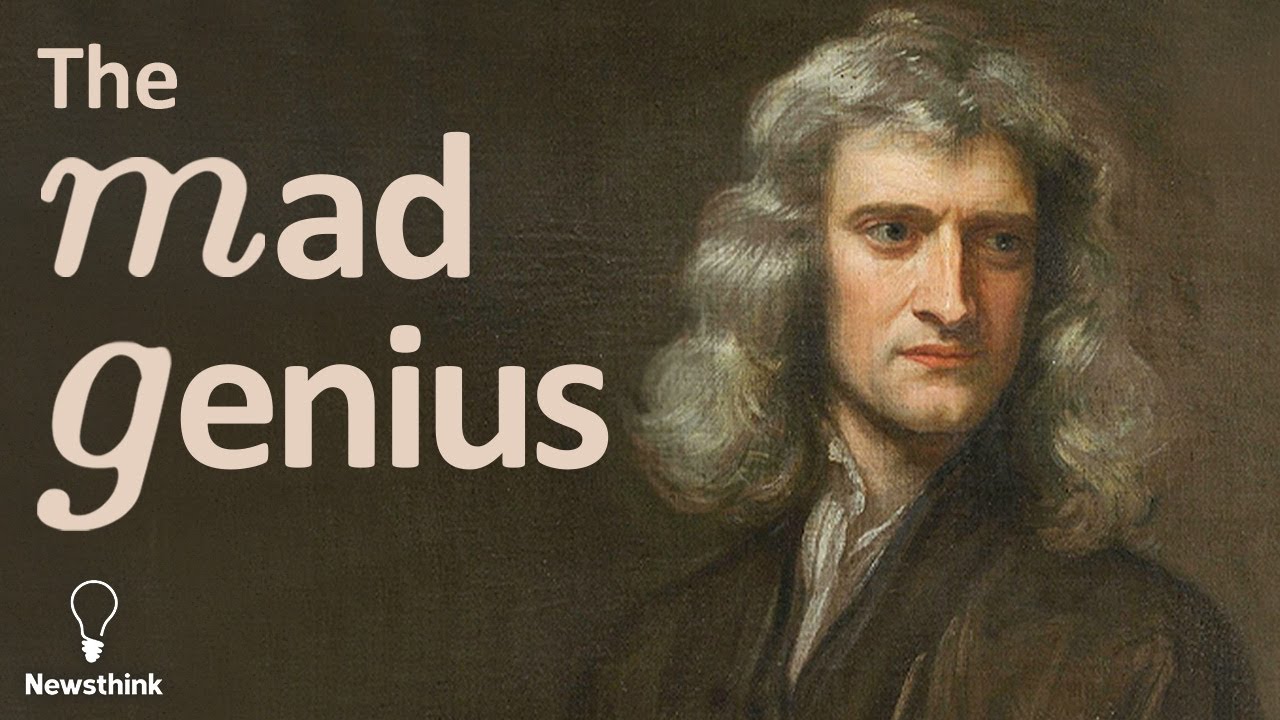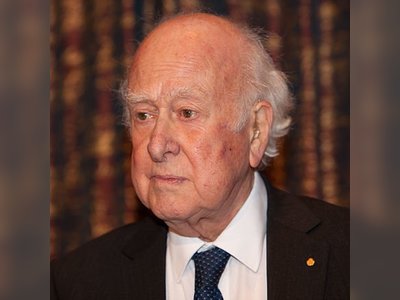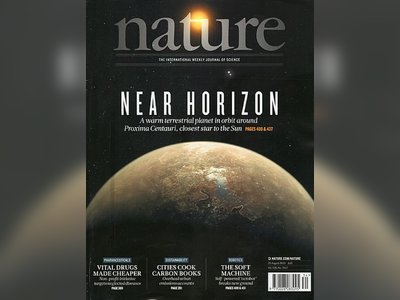British Heritage
Remember, Cherish, Learn.
beta
Isaac Newton - Classical Mechanics
Isaac Newton and his Contribution to British Heritage.
Sir Isaac Newton, born on Christmas Day, 1642, in Woolsthorpe Manor, Lincolnshire, was a polymath whose remarkable contributions to various fields have left an indelible mark on British heritage. He is celebrated as one of the greatest mathematicians and physicists of all time, and his ideas revolutionized the scientific landscape during the Enlightenment. Newton's work in classical mechanics, optics, and mathematics laid the foundation for modern science and technology.
Isaac Newton's most influential work, "Philosophiæ Naturalis Principia Mathematica" (Mathematical Principles of Natural Philosophy), published in 1687, established classical mechanics as a scientific discipline. In this monumental book, he formulated the three fundamental laws of motion, known as Newton's Laws, which describe the relationship between the motion of an object and the forces acting upon it. These laws became the cornerstone of classical physics and profoundly impacted the way we understand the motion of objects on Earth and celestial bodies.
Furthermore, Newton's theory of universal gravitation, also presented in the Principia, explained how gravitational forces act between all objects with mass. This revolutionary insight allowed Newton to derive Kepler's laws of planetary motion, accurately predict the trajectories of comets, and account for tidal movements. By confirming the heliocentric model of the Solar System, Newton's work solidified the scientific viewpoint and laid to rest the doubts that had surrounded the Copernican system.
In addition to his contributions to mechanics, Newton's groundbreaking work in optics significantly advanced the understanding of light. In his book "Opticks," published in 1704, he presented his theory of color, which challenged prevailing notions of how light and color interacted. Newton demonstrated that white light could be separated into its component colors using a prism and then recomposed using a lens, proving that color is an inherent property of light itself, not of the objects it interacts with.
Newton's work on optics also led to the development of the first practical reflecting telescope, now known as the Newtonian telescope. This invention revolutionized astronomy and became widely used for celestial observations, marking another milestone in the progress of scientific knowledge.
As a mathematician, Newton made significant contributions to various fields. He developed infinitesimal calculus independently of German mathematician Gottfried Wilhelm Leibniz, which ignited a bitter priority dispute between the two scholars. Although the controversy clouded their reputations, both Newton and Leibniz are now credited with co-founding calculus, a crucial branch of mathematics that has wide-ranging applications in science, engineering, and economics.
Isaac Newton's legacy extends beyond his scientific achievements. His position as the second Lucasian Professor of Mathematics at the University of Cambridge and his role as President of the Royal Society elevated the status of these esteemed institutions. Newton's influence on British heritage can also be seen in his political engagements as a Member of Parliament for Cambridge University, where he voiced his opinions and contributed to the political discourse of the time.
Newton's religious views, though unconventional, demonstrate his independent thinking and open-mindedness. His private rejection of the doctrine of the Trinity and his refusal to take holy orders in the Church of England show a deep commitment to personal beliefs and intellectual integrity.
Sir Isaac Newton's contributions to classical mechanics, optics, mathematics, and British heritage have left an indelible mark on the scientific and cultural landscape. His pioneering works laid the foundation for modern physics, revolutionized the study of light, and fundamentally shaped our understanding of the universe. Beyond his scientific accomplishments, Newton's involvement in academia, politics, and religious matters exemplified a well-rounded individual who was both a thinker and a man of action. Today, his ideas continue to inspire scientists, philosophers, and individuals worldwide, perpetuating his enduring legacy in British heritage and the global scientific community.
Newton's Legacy in Classical Mechanics
Isaac Newton's most influential work, "Philosophiæ Naturalis Principia Mathematica" (Mathematical Principles of Natural Philosophy), published in 1687, established classical mechanics as a scientific discipline. In this monumental book, he formulated the three fundamental laws of motion, known as Newton's Laws, which describe the relationship between the motion of an object and the forces acting upon it. These laws became the cornerstone of classical physics and profoundly impacted the way we understand the motion of objects on Earth and celestial bodies.
Furthermore, Newton's theory of universal gravitation, also presented in the Principia, explained how gravitational forces act between all objects with mass. This revolutionary insight allowed Newton to derive Kepler's laws of planetary motion, accurately predict the trajectories of comets, and account for tidal movements. By confirming the heliocentric model of the Solar System, Newton's work solidified the scientific viewpoint and laid to rest the doubts that had surrounded the Copernican system.
Contribution to Optics and Light Theory
In addition to his contributions to mechanics, Newton's groundbreaking work in optics significantly advanced the understanding of light. In his book "Opticks," published in 1704, he presented his theory of color, which challenged prevailing notions of how light and color interacted. Newton demonstrated that white light could be separated into its component colors using a prism and then recomposed using a lens, proving that color is an inherent property of light itself, not of the objects it interacts with.
Newton's work on optics also led to the development of the first practical reflecting telescope, now known as the Newtonian telescope. This invention revolutionized astronomy and became widely used for celestial observations, marking another milestone in the progress of scientific knowledge.
Newton's Contributions to Mathematics and Calculus
As a mathematician, Newton made significant contributions to various fields. He developed infinitesimal calculus independently of German mathematician Gottfried Wilhelm Leibniz, which ignited a bitter priority dispute between the two scholars. Although the controversy clouded their reputations, both Newton and Leibniz are now credited with co-founding calculus, a crucial branch of mathematics that has wide-ranging applications in science, engineering, and economics.
Newton's General Impact on British Heritage
Isaac Newton's legacy extends beyond his scientific achievements. His position as the second Lucasian Professor of Mathematics at the University of Cambridge and his role as President of the Royal Society elevated the status of these esteemed institutions. Newton's influence on British heritage can also be seen in his political engagements as a Member of Parliament for Cambridge University, where he voiced his opinions and contributed to the political discourse of the time.
Newton's religious views, though unconventional, demonstrate his independent thinking and open-mindedness. His private rejection of the doctrine of the Trinity and his refusal to take holy orders in the Church of England show a deep commitment to personal beliefs and intellectual integrity.
Conclusion
Sir Isaac Newton's contributions to classical mechanics, optics, mathematics, and British heritage have left an indelible mark on the scientific and cultural landscape. His pioneering works laid the foundation for modern physics, revolutionized the study of light, and fundamentally shaped our understanding of the universe. Beyond his scientific accomplishments, Newton's involvement in academia, politics, and religious matters exemplified a well-rounded individual who was both a thinker and a man of action. Today, his ideas continue to inspire scientists, philosophers, and individuals worldwide, perpetuating his enduring legacy in British heritage and the global scientific community.
- Isaac Newtonen.wikipedia.org
